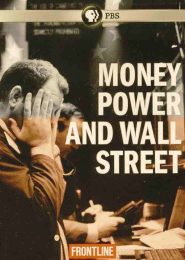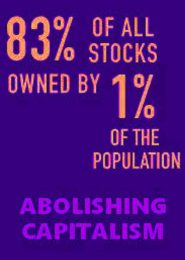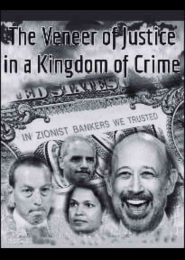Wage Crisis (2013)
In 2013, the documentary Wage Crisis delved into the pressing issue faced by the American middle class. The film, with a runtime of 25 minutes, shed light on the precarious situation of the squeezed middle class, which had been teetering on the brink for some time.
The central concern was the reluctance of politicians to raise the minimum wage, coupled with cuts to food stamps. These policy decisions had far-reaching social consequences that could prove devastating. Interviews with affected individuals painted a stark picture: “I think it’s a real big issue now,” said one person. Families were grappling with the strain of working multiple jobs to make ends meet. The dream of a comfortable life—complete with a little house, picket fence, and a dog—seemed elusive for many.
The film highlighted an alarming trend: most Americans had seen their incomes stagnate or decline since 2008. The median income of a full-time male worker was lower than four decades prior. The American dream was slipping away for countless families, leaving them yearning for a happier ending.
As the wage crisis persisted, the documentary urged viewers to consider the implications of income inequality. With politicians hesitant to address the issue head-on, the film served as a wake-up call, urging society to confront the widening gap between the haves and the have-nots. The stakes were high, and the consequences were felt by ordinary people struggling to make ends meet.
In summary, the Wage Crisis provided a poignant glimpse into the lives of those caught in the crossfire of economic policies, emphasizing the urgent need for change. The film’s impact extended beyond its runtime, encouraging discussions about fairness, justice, and the well-being of the American working class.




